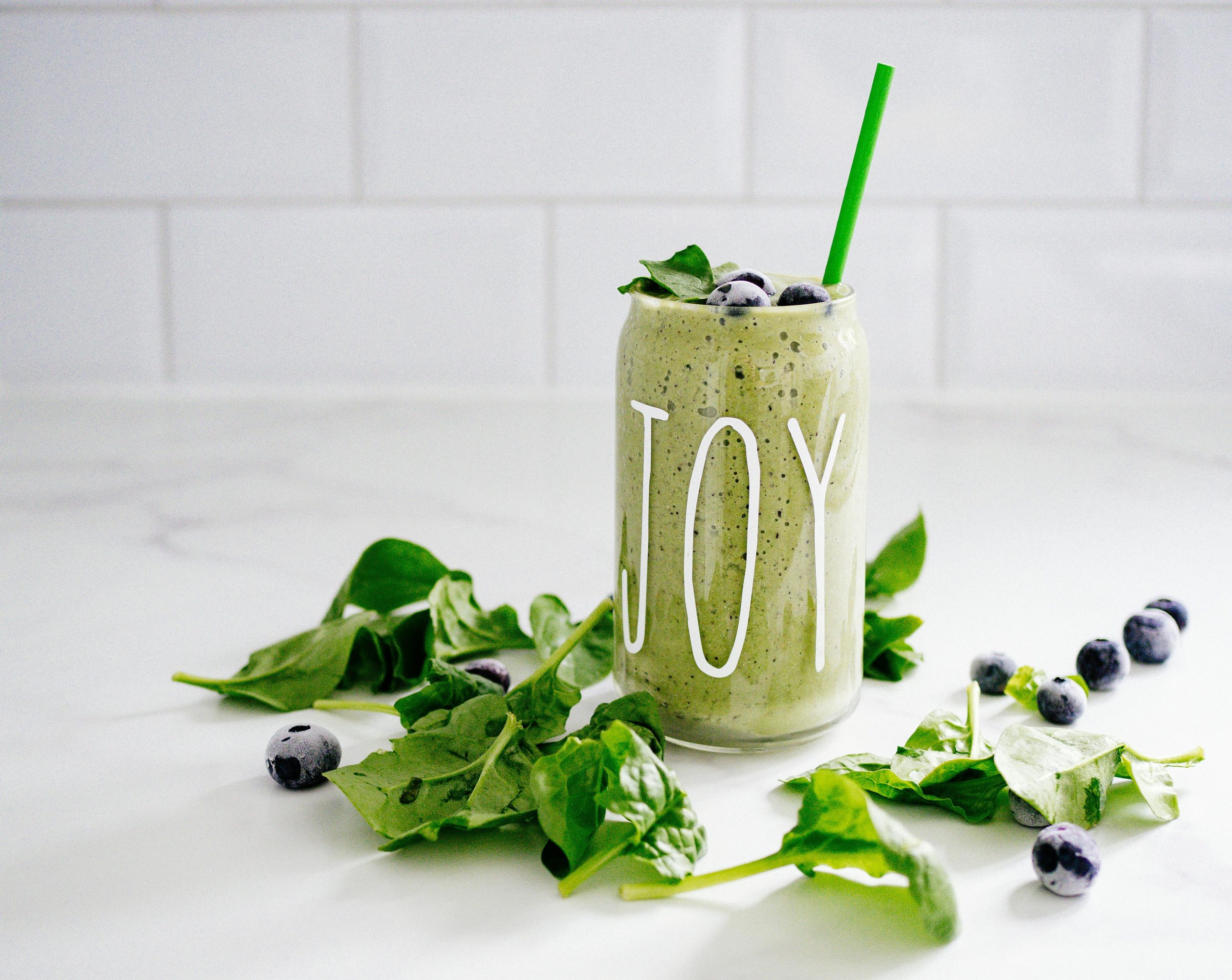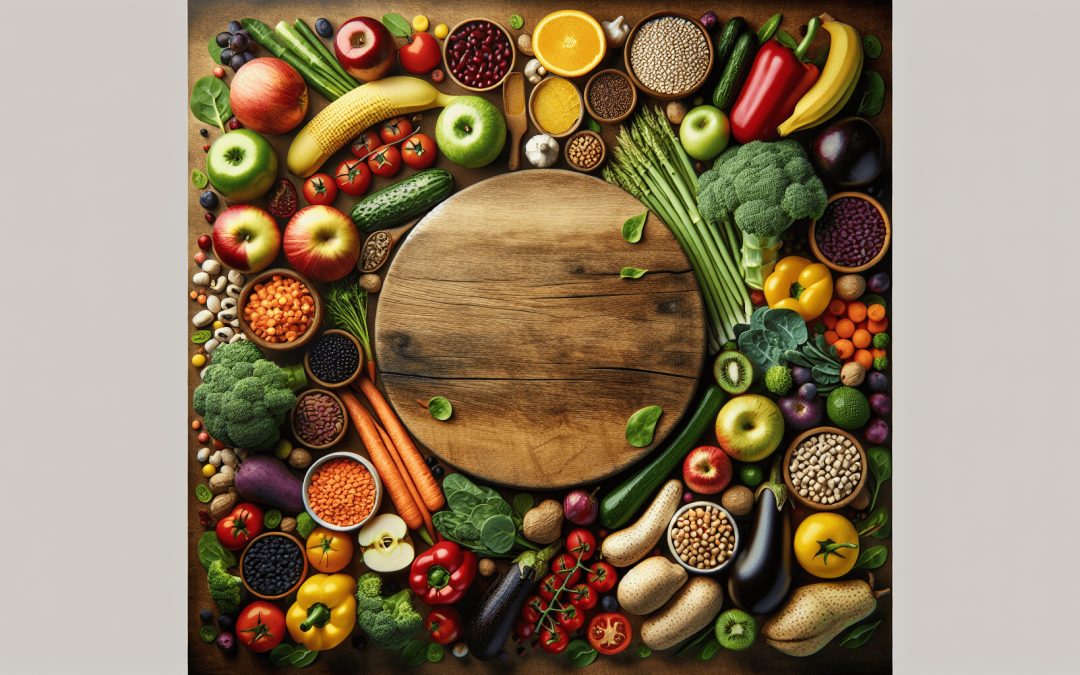Are you looking for the best sources of whole food nutrients to boost your health and well-being? Look no further! In this article, you will discover the top whole food sources of essential nutrients that your body needs to thrive. From fruits and vegetables to grains and legumes, we’ve got you covered. Let’s dive in and explore the world of whole food nutrition together.

Fruits
When it comes to getting your daily dose of essential vitamins and minerals, fruits are a fantastic choice. Not only are they delicious, but they are also packed with nutrients that can help support your overall health. Some of the top fruits to include in your diet are:
Apples
“An apple a day keeps the doctor away” – and for a good reason! Apples are not only high in fiber but also rich in vitamin C, antioxidants, and various other nutrients that are beneficial for your health.
Berries
Berries such as blueberries, strawberries, and raspberries are not only tasty but also loaded with antioxidants, vitamins, and minerals that can help boost your immune system and promote healthy aging.
Citrus Fruits
Oranges, lemons, grapefruits, and other citrus fruits are excellent sources of vitamin C, which is essential for a strong immune system and healthy skin. Incorporating these fruits into your diet can help prevent colds and infections.
Vegetables
Vegetables are another essential component of a healthy diet, providing a wide range of vitamins, minerals, and antioxidants. Here are some of the top vegetables to add to your meals:
Leafy Greens
Leafy greens such as spinach, kale, and Swiss chard are powerhouse vegetables that are rich in vitamins A, C, K, and minerals like iron and calcium. Including these vegetables in your diet can help improve your overall health and well-being.
Cruciferous Vegetables
Broccoli, cauliflower, Brussels sprouts, and other cruciferous vegetables are known for their cancer-fighting properties due to the presence of sulforaphane. These vegetables are also excellent sources of fiber, vitamins, and minerals.
Bell Peppers
Bell peppers come in various colors, each offering a unique set of nutrients. They are rich in vitamin C, vitamin A, antioxidants, and fiber, making them an excellent addition to salads, stir-fries, and fajitas.

Legumes
Legumes are an excellent plant-based source of protein, fiber, and essential nutrients. They are versatile, budget-friendly, and can be easily incorporated into a variety of dishes. Some of the top legumes to include in your diet are:
Lentils
Lentils are a nutritional powerhouse, packed with protein, fiber, iron, and folate. They are a great meat alternative for vegetarians and vegans and can be used in soups, stews, salads, and curries.
Chickpeas
Chickpeas, also known as garbanzo beans, are rich in protein, fiber, manganese, and folate. They can be used to make hummus, added to salads, roasted as a snack, or included in curries and stews.
Black Beans
Black beans are a fantastic source of plant-based protein, fiber, iron, and antioxidants. They are commonly used in Latin American cuisine and can be added to soups, burritos, salads, and casseroles.

Whole Grains
Whole grains are an essential part of a balanced diet, providing fiber, B vitamins, iron, and other nutrients. They can help promote heart health, regulate digestion, and provide sustained energy throughout the day. Some of the top whole grains to include in your diet are:
Oats
Oats are a nutritional powerhouse, rich in fiber, protein, magnesium, and antioxidants. They can help lower cholesterol levels, improve digestion, and keep you feeling full and satisfied.
Quinoa
Quinoa is a complete protein, meaning it contains all nine essential amino acids that the body cannot produce on its own. It is also high in fiber, iron, magnesium, and manganese, making it a nutritious grain choice.
Brown Rice
Brown rice is a whole grain that is less processed than white rice, retaining its fiber, vitamins, and minerals. It is a great source of energy, promotes satiety, and can help regulate blood sugar levels.
Incorporating these top whole food nutrient sources into your diet can help you meet your nutritional needs and support your overall health and well-being. Remember to eat a variety of foods to ensure that you are getting a wide range of nutrients. Whether you’re a fruit lover, a vegetable enthusiast, a legume connoisseur, or a whole grain advocate, there are plenty of delicious and nutritious options to choose from. So go ahead and fill your plate with whole foods that will nourish your body and fuel your life. Cheers to your health!








